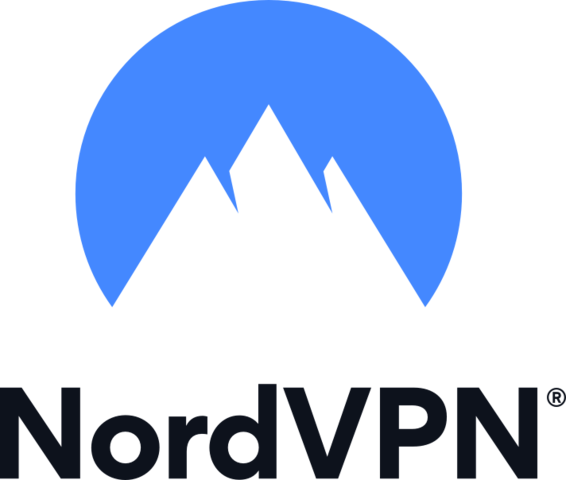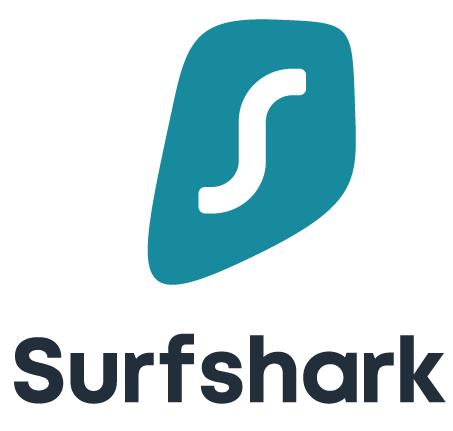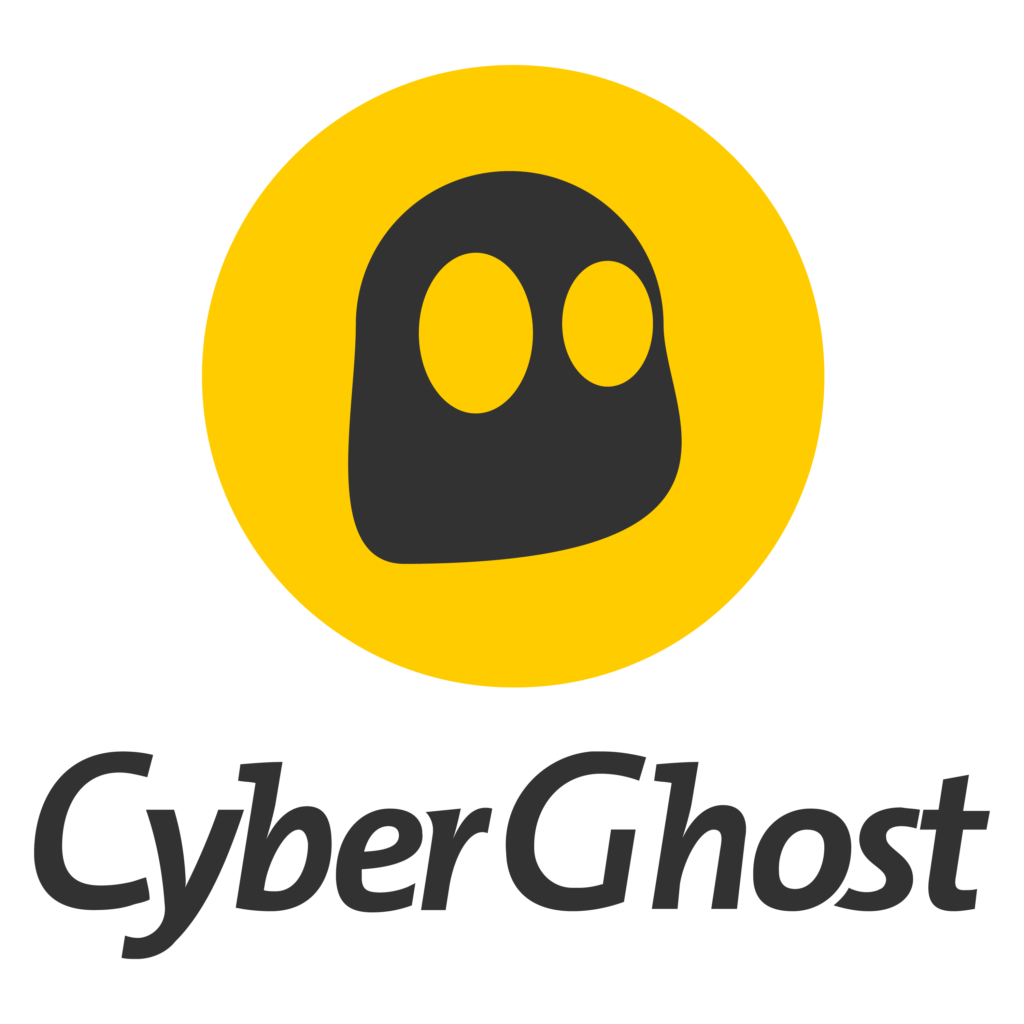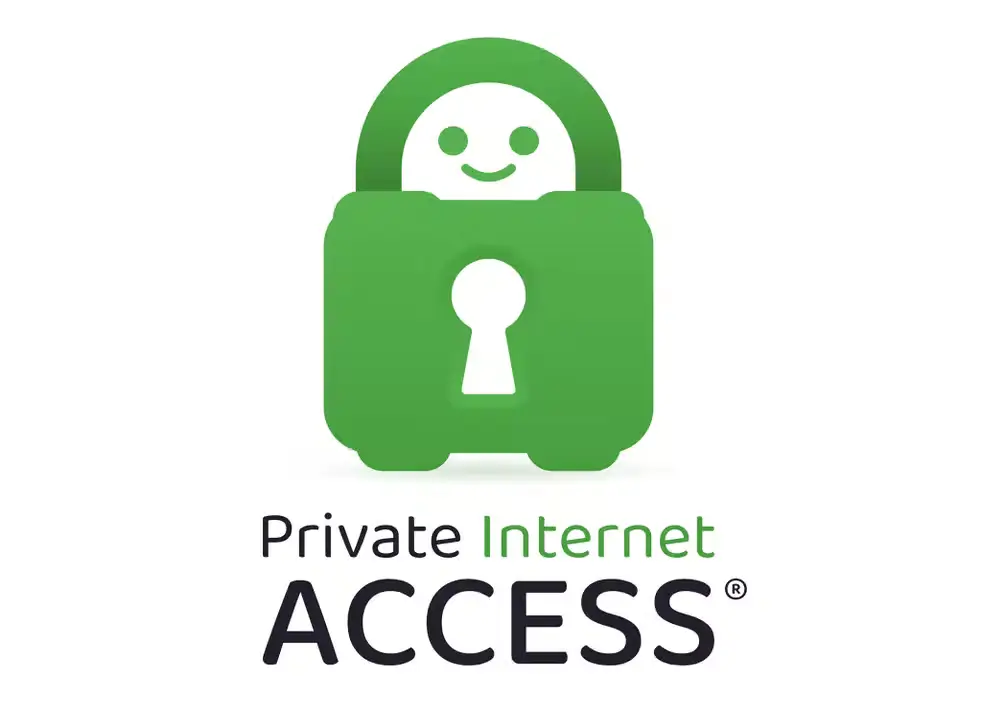You may have heard that using a VPN can help keep your online activity private and secure. But can the police track your VPN usage?
The answer is yes, the police can track your VPN usage in some cases. It all depends on the type of VPN you’re using and how much data the police have access to.

In this article, we’ll explore how the police can track your VPN usage and what you can do to protect your privacy. So if you are worried about your privacy, then definitely read the article till the end.
⏳ Short in time? Here is a quick guide for you:
Imagine if someone got their hands on your personal information—your social media accounts, your bank details, your emails. The scary thing is, it’s not that difficult for someone to do this. In the digital world, you need a tool that protects your personal information from others and we recommend ExpressVPN is the best for you.
ExpressVPN is a tool that creates a secure, encrypted connection between your device and the websites you’re visiting. What this means is that even if someone manages to get access to your data, they won’t be able to decipher it.
Plus, ExpressVPN keeps no logs of your activity so you can browse the internet with peace of mind. With ExpressVPN, you can be sure that your data is safe and your identity is protected. So give it a try now!
What is VPN?
A VPN, or virtual private network, is a secure tunnel between your device and the internet. It basically encrypts all of your traffic and obscures your location, making it very difficult for anyone to track you.
That’s why VPNs are a great tool for privacy-minded individuals because they help keep your data and activities hidden from prying eyes. Plus, they’re perfect for bypassing censorship restrictions and accessing blocked content.
VPNs can be used on a variety of devices, including laptops, smartphones, and tablets. They’re also available as apps for various operating systems.
How do VPNs work?

Do you know how VPNs work? Let’s take a closer look.
VPNs work by creating a secure connection between your device and the server you’re connecting to. This is done by creating an encrypted tunnel between the two. What this means is that your data is scrambled and can’t be read by anyone except for the two devices involved in the connection.
This makes it a great tool for keeping your data safe and private, especially when you’re using public Wi-Fi. It also helps to keep your identity hidden when you’re browsing the internet, which is why VPNs are so popular among people who want to keep their online activities confidential.
Can Police Track VPNs?
Let’s say you’re using a VPN to browse the internet privately and securely. Can the police track you down if they wanted to?
The answer is yes, it’s possible for the police to track you down if they have the right tools. But it’s not as easy as they might think. In order to track someone down who’s using a VPN, the police would need to subpoena the VPN provider for user information.
And even then, it’s not guaranteed that they would be able to track you down. A lot depends on the provider and how tight their security measures are. Plus, the police would need to know your IP address in order to identify you.
So, can VPNs be tracked by the police? It’s possible, but it’s not easy. It would require a lot of effort and resources, and there’s no guarantee that they would be successful.
What information could a VPN give to the police?
If the police come knocking on your door, they might be able to get your VPN provider to give up your personal information.
This is something that’s been in the news a lot lately, with the FBI trying to get access to the data of someone who was using a VPN. And while the VPN provider did eventually hand over the data, they did so under protest.
So what kind of information could the police get from your VPN provider? Well, they might be able to get your name, your address, and your email address. They might also be able to get information about your internet use, such as the websites you’ve visited and the files you’ve downloaded.
It’s important to note that not all VPN providers are created equal. Some are more willing to hand over data than others. So if you’re thinking about using a VPN, it’s important to do your research and choose a provider that will protect your privacy.
Are there any risks to using a VPN?

Well, that depends on the VPN. Some are more secure than others, and you need to be careful about which one you choose.
There’s always the risk that your data could be compromised if you’re not using a reliable VPN. And if your VPN is being monitored by the police or intelligence services, then they could very well track your activity.
But with the right VPN, you can rest assured that your data is safe and secure. So it’s important to do your research and choose the right one for you.
How Can I Choose the Best VPN for me?
Don’t use every VPN you found on the internet. Since they claim to be safe for browsing. Every VPN doesn’t do its job in protecting you. When you are choosing a VPN you should look for the following features to ensure that you will be safe while browsing online.
- Support P2P: Every VPN doesn’t support file sharing. You need to ensure that your provider has a P2P server. You need to choose a VPN supporting P2P.
- You can’t even trust VPNs unless they have Zero Logging Policy. If not they can log your activity probably like everything you do on the internet.
- If you suddenly drop out of the VPN connection. You should not connect to the internet to keep your identity private. So a VPN should have Kill Switch.
- You read that file-sharing increases your bandwidth. Your VPN should offer unlimited bandwidth. Make sure that your provider not using data caps. Most free VPNs limit your Bandwith usage.
- Uninterrupted Speeds. Connecting to a free VPN might slow down your internet speed. Torrenting even slows you down with heavy file transfers when you are being shared by lots of people. Best VPNs don’t have these issues.
- Full App Benefit. The VPNs should be full app since some of them are not. But only offers Browser extensions as these cannot protect you from the torrent client.
Now I’ll tell you the top 5 best VPNs that will fit your needs. Let’s see below!
Top 5 Best VPNs to Protect Your Online Privacy
1. ExpressVPN

🔥Pricing
- 3000+ Servers in 160+ locations (94 countries)
- Unblock Amazon Prime, Disney+, Netflix, Hulu, HBO, BBC iPlayer, and more
- Unbeatable Security Encryption with OpenVPN (TCP/UDP), L2TP, IPSec, IKEv2
- Full Torrenting Support (Dedicated P2P Servers) with split tunnelling.
- Compatible with Windows, Mac, iOS, Android, Linux, Consoles, routers, etc.
- 5 Simultaneous device connections
- Zero Log Policy with a robust automatic kill switch
- 24/7 Customer Support
- 30 Days full refund policy
Overview
If you’re looking for the best VPN for Privacy and security, you can’t go wrong with ExpressVPN. It’s one of the most popular VPNs out there, and it’s got a reputation for being lightning-fast and super reliable. ExpressVPN ships with top-notch AES-256 encryption coupled with perfect forward secrecy for complete anonymity.
Its Lightway protocol is well known for premium VPN speeds for hassle-free torrenting on qBittorrent or other torrent clients. Almost every server works flawlessly in unblocking any torrenting services and ExpressVPN is free from all kinds of IP and WebRTC leaks, based on the British Virgin Islands (privacy-friendly), and has a no-log policy.
ExpressVPN covers 5 devices (Complete Family) with a single subscription. And is compatible with almost every device platform like Windows, Android, iOS, and macOS that you would like to unblock 123 Movies.
They manage to offer a 30-day risk-free money-back program and 24/7 live chat support for all of your problems. If you want then there is a hidden page for low-price subscriptions.
Pro’s
- Best VPN for privacy
- 24/7 Live Chat Support
- Excellent torrenting performance
- Superior Security with AES 256 bit
Con’s
- 5 Simultaneous devices
2. NordVPN

🔥Pricing
- 5407 servers in 60 Countries
- Unblocks International services Netflix, Hulu, Prime, HBO, iPlayer, Disney+, and Amazon Prime.
- Double VPN feature, Kill Switch, Split Tunneling, Tor, and additional features
- Unlimited Streaming in Ultra HD quality without data caps
- Unlimited P2P/Torrenting anonymously with dedicated P2P servers
- CyberSec to avoid malware and block ads
- Reliable kill switch with a strict No-logs policy
- 6 Simultaneous device connections
- 24/7 Live Chat customer support
- 30 Days full refund policy
Overview
If you’re looking for the best VPN to Protect Your Online Privacy, we recommend NordVPN. They are well-optimized to deliver blazing speeds on the VPN’s custom-developed NordLynx protocol (faster than WireGuard) no matter where you are from.
While the VPN follows a No-log policy and runs every server on RAM (Volatile), they are frequently audited by third-party companies like PwC. NordVPN encrypts your traffic with military-grade AES-256-bit encryption with perfect forward secrecy promises that no one can know what you are doing online and is free from all kinds of IP/DNS leaks (Tested).
NordVPN SmartPlay unblocks almost any streaming service like Netflix, Hulu, Disney+, Amazon Prime, BBC iPlayer, and HBO Max. & website without comprising VPN Speeds. We never faced VPN blocks while accessing US content. Also, there are dedicated P2P Servers available for torrenting lovers and Onion Over VPN Servers along with double VPN Servers available.
NordVPN interface is very intuitive with similar features on every platform. Large the “Quick Connect” button to ease your quest for finding the ⚡fastest server. There is a built-in ads & malware blocker that protects you from unwanted viruses and inappropriate ads.
NordVPN is compatible with all platforms including Android, iOS, Windows, and macOS so you will get complete support. Also, there offer 30 days of the money-back guarantee program (worth trying the VPN without any risk) and if you don’t like the service you can claim your refund within 2-5 days.
Pro’s
- Best for privacy and security
- Dedicated Servers (P2P, Onion, Double VPN)
- Seamlessly unblocks streaming services
- 24/7 Live Chat
- Blazing Speeds with Unlimited Bandwidth
Con’s
- Slow Speeds on Distant Servers
3. SurfsharkVPN

🔥Pricing
- 3200+ Servers in 65 Countries
- Unblocks Netflix, Amazon Prime, Hulu, Disney+, and BBC iPlayer
- Standard AES 256-bit encryption with OpenVPN, WireGuard, and IKEv2 protocols
- Private DNS & Leak protection with camouflage mode
- P2P Torrenting support on every server (except a few) with unlimited bandwidth
- Multi-Hop. NoBorders mode, Whitelister, Cleanweb, Kill Switch, etc
- Supports Static IP Addresses & no Log Policy
- Unlimited device connections.
- 7 Days free trial & 30 days refund policy
Overview
Surfshark is our top pick for VPNs when it comes to Protect Your Online Privacy. It’s got a great set of features, it’s easy to use, and it’s affordable. Plus, it’s got a strong commitment to privacy and security, which is perfect for torrenting your favourite shows and movies.
With Surfshark, you can 🥳enjoy throttle-free internet speeds and its “Quick Connect” feature ensures that you always connect to the fastest server nearby. Besides, its speeds & bypassing will be secured with AES 256-bit encryption along with Multi-hop, and NoBorders Modes.
Surfshark keeps you safe from all sorts of leaks with its Kill Switch, SmartDNS, and CleanWeb features that block ads, malware, and phishing attacks. All these servers are 100% RAM Only (no data storing) and Surfshark promises that it doesn’t store any logs being from the Netherlands (privacy-friendly) and audited recently by Cure53.
Supporting WireGuard and all the standard VPN protocols. Surfshark supports P2P torrenting on almost every one of its servers with unlimited bandwidth. All this isn’t limited to a few devices, you can connect as 🤩many devices as you can. Its camouflage mode hides the fact that you are using VPN.
It’s compatible with almost all platforms like Android, Windows, iOS, and macOS. In fact, you can even install it on FireTV Stick & Xbox and enjoy the service with unlimited device connections.
Also, they offer 30 days risk-free money-back guarantee program supported with 24/7 live chat support for a hassle-free experience. In fact, one of the best cheap VPNs available on the market.
Pro’s
- Unblock Streaming Services
- Unlimited Device Connections
- Additional Features (Camouflage Mode, No Border Mode, CleanWeb, and Whitelister)
Con’s
- Distant servers take some time to connection
- Speeds vary widely
4. CyberGhost

🔥Pricing
- 7914 Servers in over 91 countries.
- Unblock Amazon Prime, Hulu, BBC iPlayer, and many other streaming platforms in high quality.
- Military Grade encryption with AES-256 bit security coupled with a no-log policy
- Optimized torrenting servers for safety and built-in malware detector
- 7 Simultaneous device connections.
- Compatible with Android, iOS, Chrome, Linux, and other devices
- 45 days money-back guarantee.
- No Log Policy
- 24/7 Customer Support
Overview
If you’re looking for a great VPN to Protect Your Online Privacy, CyberGhost is a great option. It’s one of the most popular VPNs around, and it’s known for its high quality and fast speeds. CyberGhost has a huge server network, so you’ll be able to torrent in qBittorrent without any buffering or lag. And it’s also really easy to use, so you’ll be able to get set up in no time.
Besides AES 256-bit encryption and no-log policy, it has NoSpy Servers for complete anonymity. Also, you can take benefit from their dedicated IP Address. While the VPN supports the latest & standard protocols to deliver decent ⚡speeds for an uninterrupted experience.
CyberGhost is packed with all the security features like Kil Switch, Split Tunneling along with ad-blocker. Its specialized servers can unblock every streaming service effectively and its SmartRules settings are simply amazing. I never faced any issues accessing Netflix, Amazon Prime, YouTube, etc.
While there are no bandwidths limitations i.e you can take advantage of your full internet speeds. Also, there are dedicated servers for torrenting. But not every server is psychically located.
While the VPN is user-friendly and compatible with most device platforms you use including Smart TVs. This VPN also supports Kodi and you can connect up to 7 devices simultaneously. With its huge server network, you can easily access restricted content.
It has 24/7 live customer support to assist you anytime and it also offers a 45-day money-back guarantee program which is risk-free to claim your full refund if you don’t like the service.
Pro’s
- Unblock Streaming Services
- Premium Security features
- Dedicated Servers for streaming, torrenting, gaming
- 24/7 live chat support
Con’s
- Speeds aren’t consistent
5. Private Internet Access

🔥Pricing
- 35000+ Next-Gen Servers in 84 Countries
- Unblocks Hulu, Amazon Prime, Show Time, and other streaming services.
- Standard Encryptions AES-256 & 128 bit for enhanced privacy
- Dedicated IP Address, built-in Ad-blocker DNS level
- P2P Torrenting support (unlimited bandwidth)
- Bonus features for chrome with additional settings
- Compatible with all the device platforms
- 10 Simultaneous device connection
- 30 Days Full Refund Policy
Overview
If you’re looking for a great VPN to protect your personal information, then Private Internet Access should be at the top of your list. Not only is it affordable, but it also offers a ton of features that will make your streaming experience much better. Plus, it has a huge network of servers, so you’ll always be able to find a connection that’s fast enough for streaming.
Though it has WireGuard protocol, the speeds are not as incredible as a premium VPN. I come across VPN blocks on accessing some content. PIA is an open-source VPN with a no-log policy, but the only downside is that the VPN is based in the US.
PIA offers unlimited bandwidth supporting torrenting on every server. You can create profiles on this VPN with different settings(customization), while the interface is intuitive and beginner-friendly.
This VPN has apps for all the device platforms like iOS, Android, Windows, and macOS. And you can enjoy the VPN connecting up to 10 devices simultaneously.
PIA has 24/7 live customer support if you run into any issues. Yet, they managed to provide a 30-day money-back guarantee program (so you can taste the service for free).
Pro’s
- Unbeatable Server Network
- Open Source + AES-256 bit encryption
- Unblock different streaming services
- 24/7 live chat support
Con’s
- Lack of Split Tunneling
- Based in the US
Frequently Asked Questions
Do I need a VPN?
Definitely, you will need a VPN. Since there is a huge rise in tracking & privacy breaches every day. Though a VPN will not make you invisible it will protect your privacy & make you anonymous.
Using VPN is Legal?
Yes, it’s completely legal to use VPN in your country. But sticking to your country’s regulations In some countries like Iran or Iraq, it is considered illegal. If you want to check if is it legal in your country here is the list.
Can I trust a VPN?
You can’t blindly trust every VPN, some of them like Windscribe share your identity with governments (if they have been forced to do). So use only reliable & most secure VPNs like ExpressVPN, you can completely trust it (No-Logs, open-source & independent audits).
Which VPN to use (Free or Paid VPN)?
It’s not about the paid or free. It’s about your privacy & online freedom (do whatever you want). So, take a wise decision. Don’t forget that premium VPNs are also free through their trial program.
Conclusion
At this point, you might be wondering if VPNs can be tracked by the police. And the answer is, unfortunately, yes. While VPNs are a great way to keep your data private and protect your online identity, they’re not foolproof.
So, if you’re planning on using a VPN, be sure to choose one that’s reputable and has a strong security protocol. And most importantly, be aware of the risks and take steps to protect your privacy. Thanks for reading!